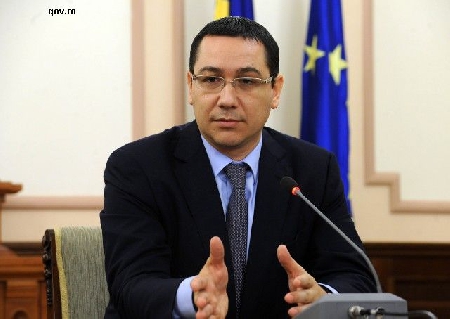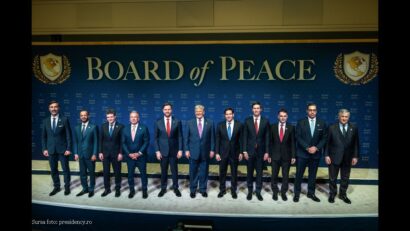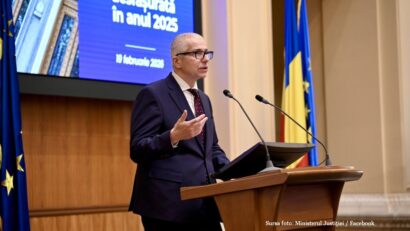The National Budget Between Austerity and the IMF
After 4 years marked by austerity, the new Romanian cabinet claims its 2013 budget will introduce discipline in public finance.

România Internațional, 14.01.2013, 13:17
The delegation arriving on Tuesday is part of the seventh evaluation mission for the precautionary agreement signed by Romania in March 2011. For two weeks, international experts will be analyzing the recent evolution of the Romanian economy and the draft budget for 2013. Recently, Prime Minister Ponta has introduced the general outline of the budget. He stressed the fact that he wants to put an end to the difficulties of the last four years, of which two periods of severe recession.
Prime Minister Ponta also made public his plans to bring the budget to its 2008 level, before the crisis came into effect to its fullest. The government proposes fiscal and budget discipline, eliminating waste in public expenditure, and streamlining investments. The draft budget is based on an estimated GDP worth 140 billion Euro, an exchange rate of 4.5 lei to the Euro, a moderate economic growth of 1.8%, and a budget deficit of 2.1%, financed roughly equally from domestic and foreign sources.
The government estimates this year budget incomes worth 46 billion Euro and total expenditure of 49 billion Euros. The areas with the highest budget allocations are social insurance and assistance (16.5 billion Euros), health (6.2 billion), transportation, (4.9 billion Euros), and education (4.4 billion). The Prime Minister said he would not allow increases in pensions and salaries, but the draft budget does provide money for raising pensions by 4%, as well as for bringing back public wages to their July 2010 level. Most of the amounts expended by the government will be in paying state employees, 10.2 billion Euros, and pensions — 11.1 billion. T
he draft also provides for investments worth 7.8 billion Euros, one third of that from European funds. This year, Romania has outstanding debts worth 14.4 billion Euros and a debt of 34.7% of the GDP, some of the smallest in the EU. In order to meet the budget deficit agreed on with the IMF, the Romanian executive announced it planned to reorganize the tax collection system, combat tax evasion, and last but not least, cut back on expenditure.
The government announced that, in order to save money, the budget allocated to Parliament would stay the same as in 2012, even though the number of MPs is much higher after the December 9 elections. The other measure to be taken is to cut the number of advisers, ministry employees, and managerial positions in those ministries, which the government claims to be the first steps in a tough reform of state run companies.






























